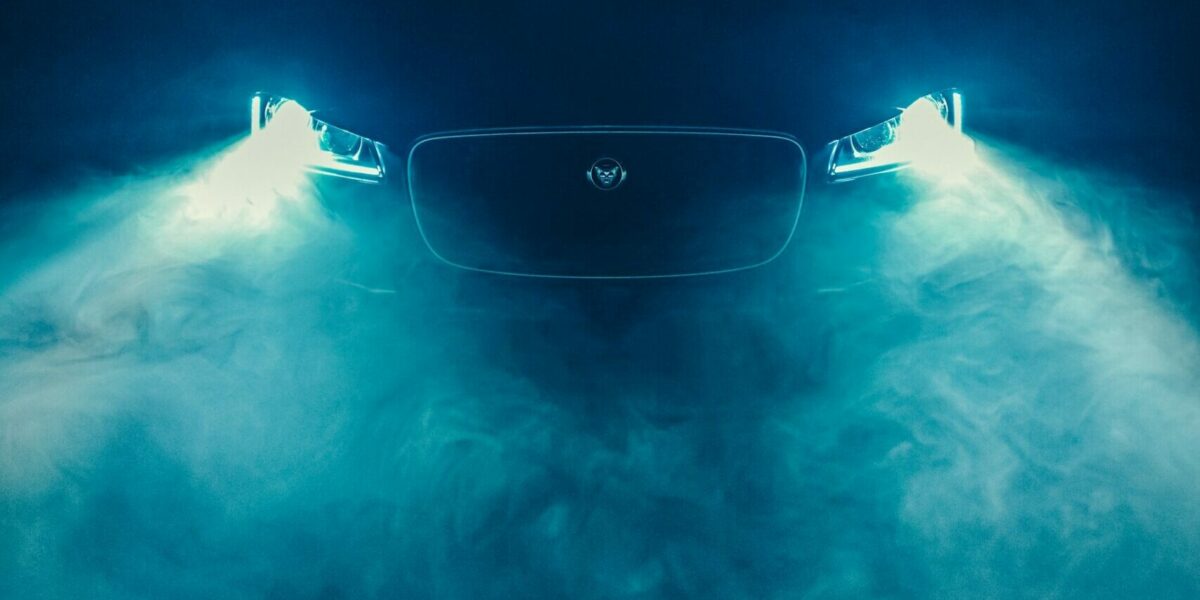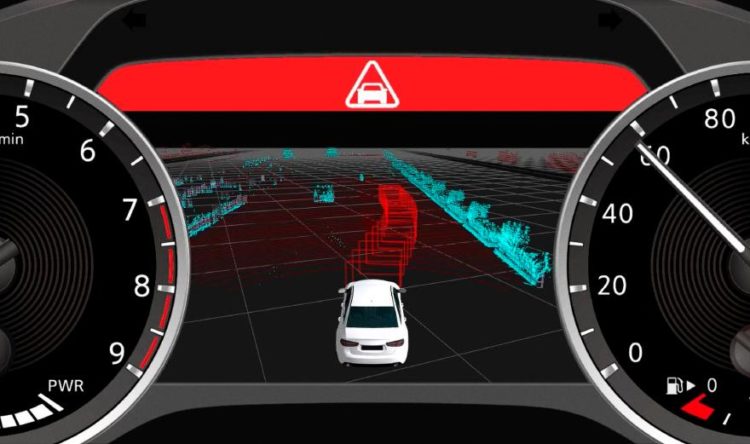Driving instructor busted mid-lesson
Police arrest ADI on suspicion of driving under the influence
Police stop a driving instructor car mid- lesson after a tip-off.
The ADI subsequently tested positive for cannabis, but has been released pending blood test results.
Thames Valley Police officers stopped the vehicle in Slough, in Berkshire, on Dec 29. It was being driven by a 17-year-old student at the time on a paid lesson.
The police force say they had received a ‘tip-off’ that the instructor was “under the influence of cannabis”. Following up on the call, they stopped the vehicle in the middle of the built up area in broad daylight.
The say the instructor was arrested and that “shockingly, the driving instructor tested positive for cannabis”.
A statement has been posted online by Thames Valley Police stating: “The driving instructor was arrested on suspicion of drug driving.”
It adds: “Due to the profession that he is in, all necessary authorities will be notified as we have a duty of care to safeguard those involved.”
Coming down
Driving instructors typically face at least a four-year ban if they receive a drink or drug driving conviction. The sentencing guidelines take into consideration the important and responsible role they play in teaching and road safety, and the influence they have on the wider community.
This arrest follows a similar incident in Surrey in 2015. In that case, local police detained a learner driver who tested positive for drugs, and their instructor, who was four-times over the legal limit.
In 2018, an instructor was arrested after failing a roadside test for cocaine while out with a pupil. However, considering the number of instructors working every day, and the convictions represent a small fraction of the total number of qualified instructors working.
Rigorous training processes seek to ensure that all are equipped to teach driving responsibly, and that they are “fit and proper” persons.
Government guidance for ADIs states that background checks are carried out, including a criminal records check. The guidance states: “It’s… unlikely that you’ll be classed as a ‘fit and proper’ person if you’ve been found guilty of… driving under the influence of drink or drugs.”
Image issues
This latest knock to the image of the industry follows ongoing strike action of driving examiners, long waiting lists for driving tests and numerous comments on the high cost of learning to drive.
In June, a BBC investigation revealed that a murky driving test market has developed, as some learners were found to be paying more than £200 to avoid months of waiting.
Candidates were purchasing exam slots that were secured by individuals or companies in bulk and resold at vastly inflated prices.
Some claim to paying over £200 to a fast track test, which is more than three times the standard fee.
The long waiting times are a direct result of the pandemic lockdowns. However, the DVSA have been attempting to cut waiting times by increasing testing hours, more tests at weekends, whilst running a recruitment drive for more driving examiners.






